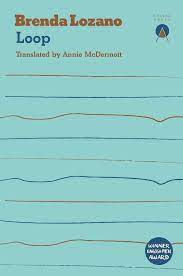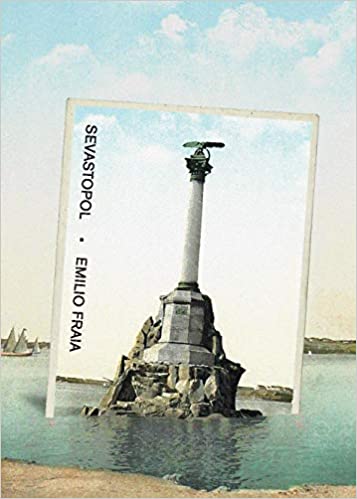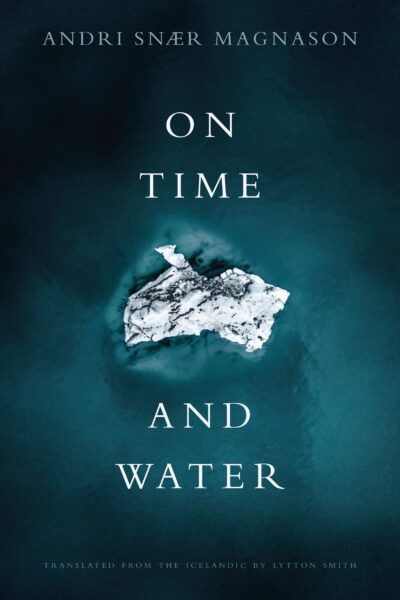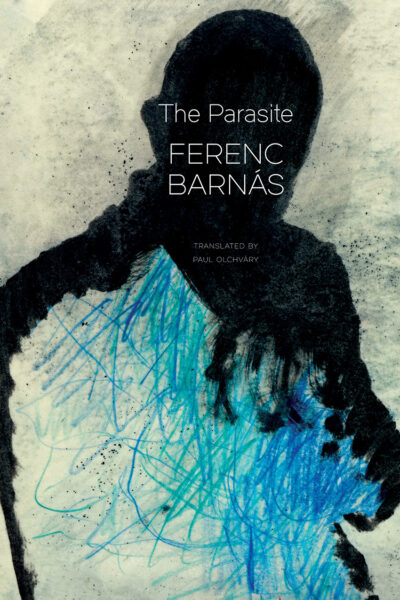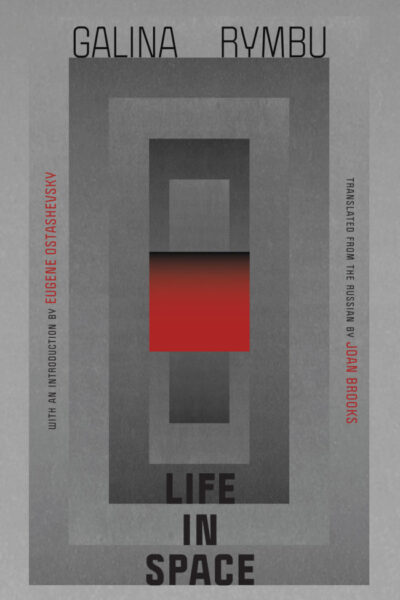A Land Like You – Tobie Nathan
All of these different threads, some historical, some religious, some mystical, some economic — they all intertwine to create a richly layered look at a fascinating time in Cairo’s modern history.
If the abandoned luxury hotel is now occupied by poor, disenfranchised bodies, it could be said that Sebastián’s (and in turn, Julián’s) writing is occupied by their narratives.
The cascading, scattered quality of the novel imitates the patterns of actual thought.
There is something anti-story in every story, where the force pushing towards narrative resolution is challenged by a slightly ethereal centrifugal drift which slows, and maybe even reverses, that centripetal approach.
On Time and Water – Andri Snӕr Magnason
It is a deeply personal reckoning with individual and collective responsibility in a time of reckless consumption, and a rich tapestry of myth, memory, and wonder.
This is an experiment in explaining what it means to inhabit a body, a mother’s body, a baby’s body in this world and in other worlds.
About 50 pages into Ferenc Barnás’s The Parasite I settled myself down for a ride that I thought would be like one of Thomas Bernhard’s, but darker, and more oblique
Rymbu’s frozen utopias, fiery refineries, crashing celestial bodies offer a flight-map, a conviction that poetry will be our door to the language, thought, and communion of freedom.
Lloret leans into the uncanny and absurd to illustrate the devastating and very real effects that capitalism and climate change have on everyday Chileans.
The Darkroom – Marguerite Duras
In distilling a great deal of the mechanisms that make Duras one of the most important writers of European modernism, THE DARKROOM is an enlivening reminder of what the struggle of literature is for.




